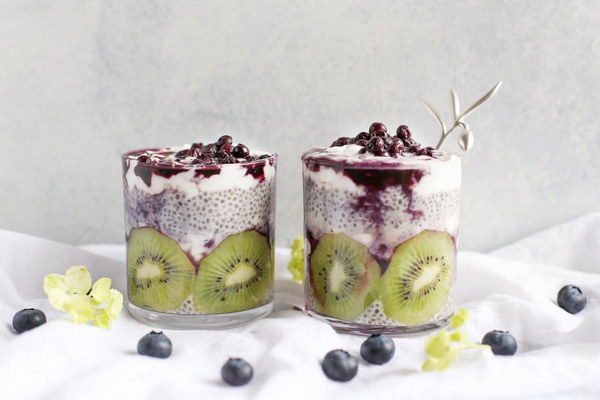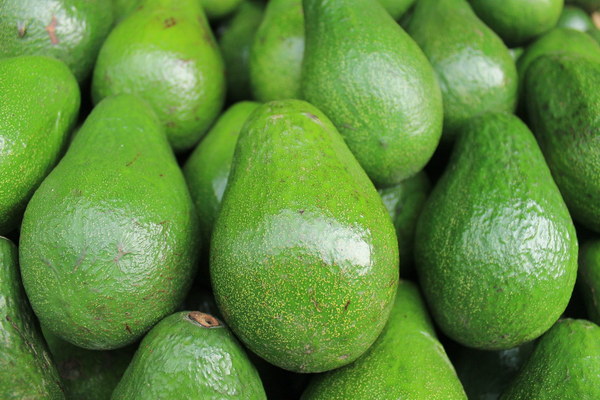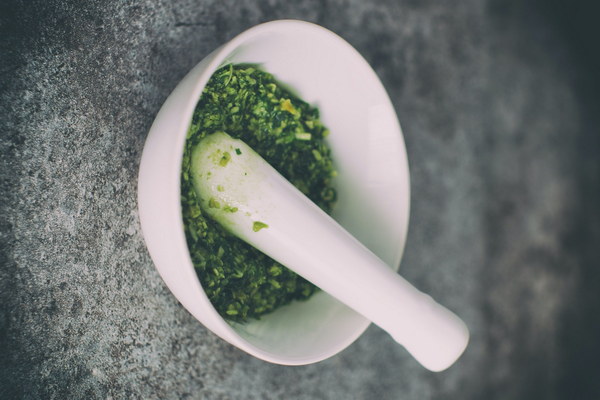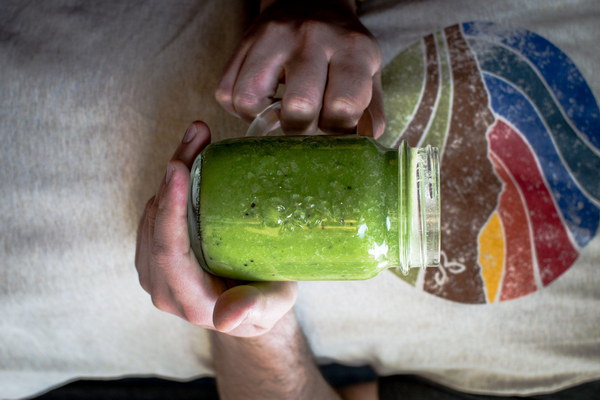HGH The Anti-Aging Hormone - Unveiling the Secrets of Youthful Longevity
In the quest for eternal youth and beauty, scientists have long sought the fountain of youth. While the secret may not be as simple as a single potion, recent research has pointed to a hormone that plays a pivotal role in the aging process: human growth hormone (HGH). This article delves into how HGH functions as an anti-aging hormone, offering insights into its potential to extend youthful vitality and longevity.
Understanding Human Growth Hormone (HGH)
Human growth hormone is a peptide hormone produced by the pituitary gland, a small gland located at the base of the brain. It plays a crucial role in regulating growth, metabolism, and development during childhood and adolescence. As we age, the production of HGH naturally declines, leading to a host of age-related changes.
The Aging Process and HGH
The aging process is multifaceted, involving various physiological changes. HGH's decline is thought to contribute to several aspects of aging, including:
1. Skin Elasticity: HGH helps maintain skin elasticity by stimulating the production of collagen and elastin. As HGH levels decrease, the skin can become thinner and more susceptible to wrinkles and sagging.
2. Muscle Mass: HGH is essential for muscle growth and repair. With reduced HGH levels, muscle mass tends to decrease, leading to muscle weakness and decreased strength.
3. Bone Density: HGH plays a role in maintaining bone density. Lower levels of HGH can lead to bone loss, increasing the risk of osteoporosis.
4. Metabolism: HGH helps regulate metabolism, including the breakdown of fats and sugars. A decrease in HGH can lead to weight gain, insulin resistance, and other metabolic disorders.
How HGH Combats Aging
Research suggests that HGH may offer several anti-aging benefits:
1. Stimulating Cell Regeneration: HGH has been shown to stimulate the regeneration of cells, including skin cells. This can lead to improved skin tone, texture, and elasticity.
2. Enhancing Metabolism: HGH increases the metabolic rate, which can help in weight management and the prevention of metabolic syndrome.
3. Improving Sleep Quality: HGH is involved in the regulation of sleep patterns. By improving sleep quality, HGH can contribute to overall health and well-being.
4. Boosting Immune Function: HGH has been found to enhance immune system function, potentially reducing the risk of infections and chronic diseases.
Potential Therapeutic Applications
The potential therapeutic applications of HGH in anti-aging are vast:
1. Anti-Aging Treatments: HGH therapy has been explored as a treatment for aging-related skin changes, such as wrinkles and sagging skin.
2. Muscle Building: HGH is used in sports medicine to help athletes build muscle and recover from injuries.
3. Osteoporosis: HGH therapy is being studied for its potential to prevent and treat osteoporosis.

Considerations and Risks
While HGH therapy shows promise, it is not without its risks and considerations. Side effects may include joint pain, carpal tunnel syndrome, and diabetes. Moreover, the use of HGH for anti-aging purposes is not approved by the FDA, and its long-term effects are still under investigation.
Conclusion
Human growth hormone holds great potential as an anti-aging hormone, with its ability to influence various aspects of aging and promote youthful vitality. However, more research is needed to fully understand its mechanisms and long-term effects. As science continues to unravel the secrets of HGH, we may one day unlock the true potential of this hormone in the fight against aging and the pursuit of youthful longevity.









